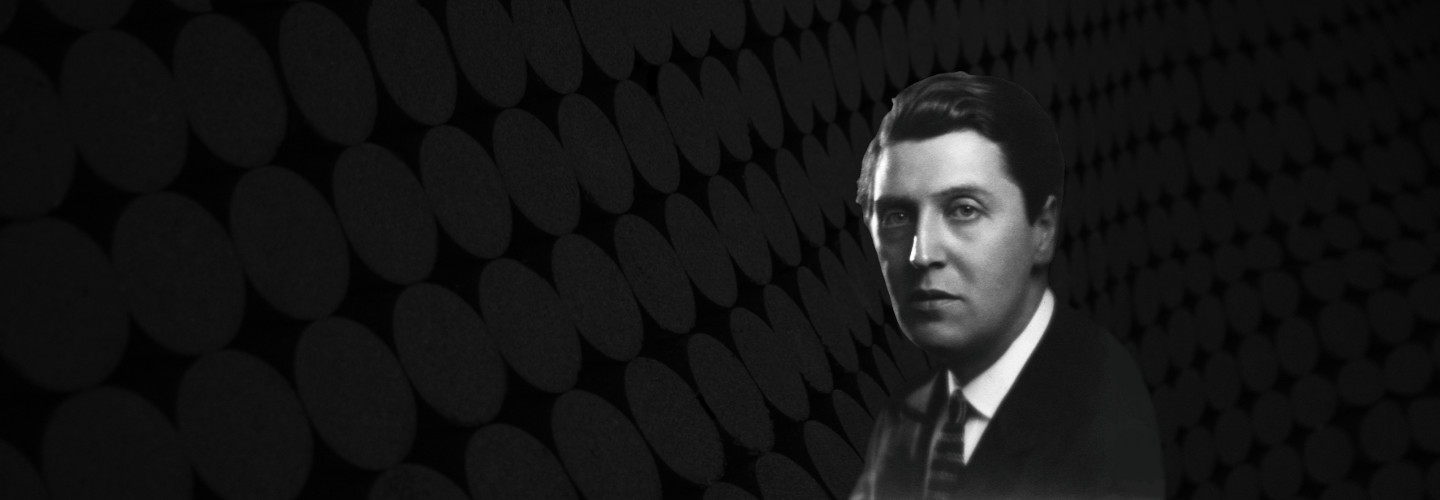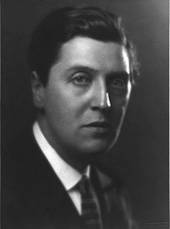

Alban Berg
Wozzeck
Short instrumentation: 1 2 3 2 - 2 1 1 0 - perc(2), hp, pno, str
Duration: 90'
Bearbeitet von: John Rea
Text von: Georg Büchner
Libretto von: Alban Berg
Choir: Soldaten und Burschen, Tenor 1/2, Bariton 1/2, Bass 1/2
Mägde und Dirnen, Sopran 1/2, Alt 1/2
Kinder, Kinder
Roles:
Wozzeck
Bariton
Tambourmajor
Tenor
Andres
Tenor
Hauptmann
Tenorbuffo
Doktor
Bass
1. Handwerksbursch
tiefer Bass und Sprechstimme 2. Handwerksbursch
hoher Bariton
Der Narr
hoher Tenor
Marie
Sopran
Margret
Alt
Mariens Knabe
Singstimme
Soldat
Tenor
Instrumentation details:
flute (+picc.
Afl.(G))
1. oboe
2. oboe (+c.a.)
1. clarinet in B (+cl.(Eb))
2. clarinet in B (+cl.(A)
cl.(Eb))
bass clarinet in A (+3.cl.(Bb))
bassoon
contrabassoon
1. horn in F
2. horn in F
trumpet in C
bass trombone
1. perc
2. perc
harp (+tr.
Hcymb.)
pno (+cel.
synth.
tr.)
violinI(+Fidel)
violinII
viola
violoncello
contrabass
Berg - Wozzeck
Printed/Digital
Translation, reprints and more

Alban Berg
Berg: Wozzeck - op. 7Type: Dirigierpartitur
Language: Deutsch | Englisch | Französisch
Sample pages
Work introduction
Remarks by Alban Berg
“Give unto the theatre what is the theatre’s …“
I did not dream of wishing to reform the art form of opera by composing Wozzeck, nor was that my intention as I began to compose it; nor did I ever consider, assume or expect that the result would be an object lesson in what should be exemplary in creating another opera – either of my own or by another composer.
Apart from the desire to make good music, to musically realise the psychological matter in Büchner’s immortal drama, to translate his poetic language into a musical one, at the moment when I decided to write an opera I had no other notion (not even in terms of compositional technique) than to give unto the theatre what is the theatre’s. That is, designing the music so that it was conscious at every moment of its duty to serve the drama – indeed, to go further; making the music so that everything the drama needs to translate into the reality of the stage comes from the music alone, the composer thus arrogating all the essential tasks of an ideal director – and all that notwithstanding such music’s other absolute (purely musical) right to exist, notwithstanding its own life, unimpaired by anything extra-musical.
Alban Berg, in Musikblätter des Anbruch, Vol. XII, No. 2, January 1930
